What Is Fucidin Cream Used For
.png?v=1670583276794)
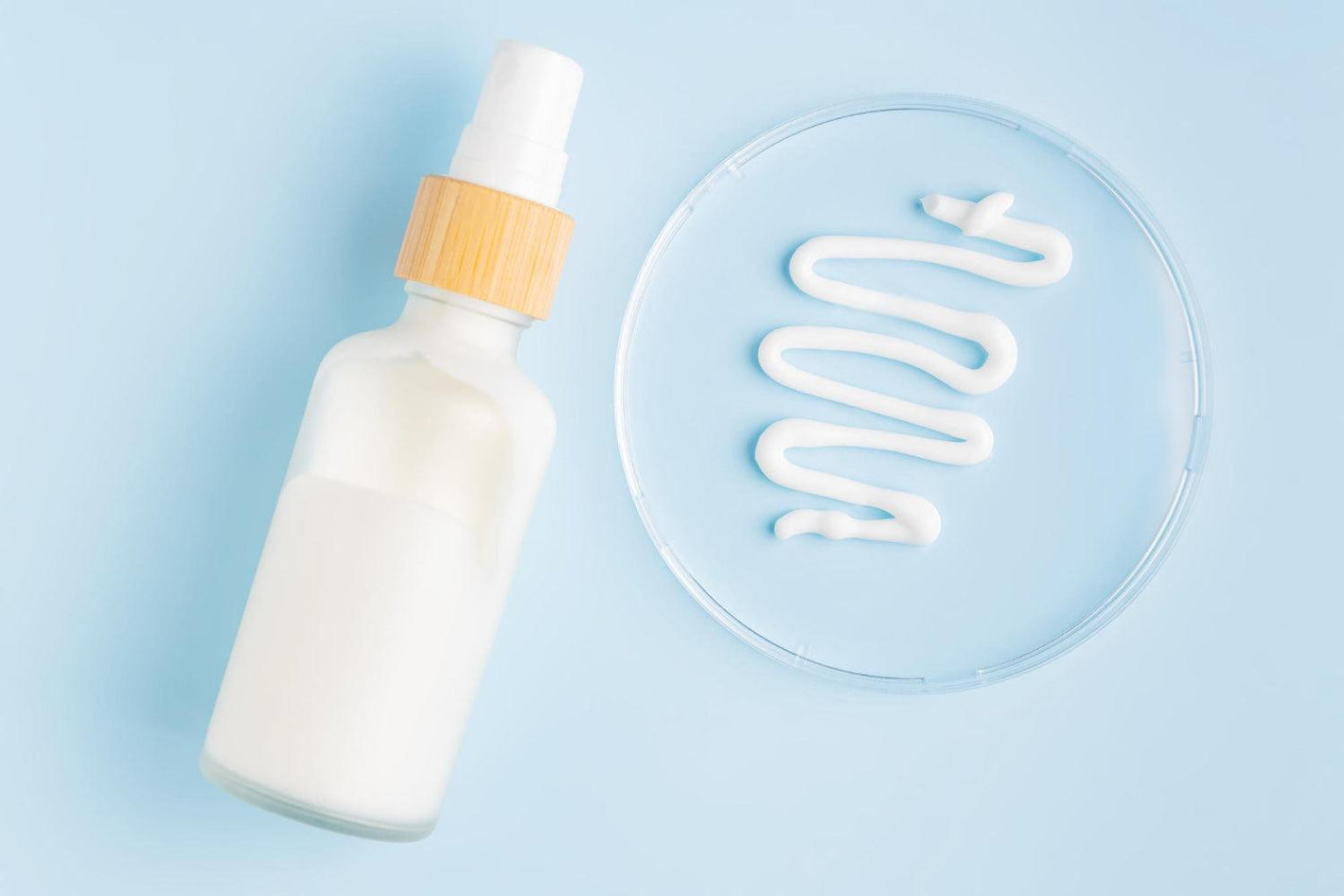
Related products
What’s covered?
What Is Fucidin Cream Used For
Fusidic acid, often known as Fucidin, is a prescription medication used to treat bacterial skin infections. It is frequently available as an ointment or cream. Impetigo, infected wounds and scrapes, and dermatitis are such conditions. It works by preventing the development of the bacteria that cause the illness. Sodium fusidate is a salt of fusidic acid that functions similarly.
In this post, we will discuss Fucidin cream, including what it is, how it works, and "what is Fucidin cream used for".
What Is Fucidin Cream?
Fusidic acid is an antibiotic used to treat bacterial infections such as impetigo and cellulitis, as well as eye infections (e.g. conjunctivitis). It is only available with a prescription and available as a drop, cream, or ointment form. It is also available as a combination cream with a steroid.
How Does Fusidic Acid Work?
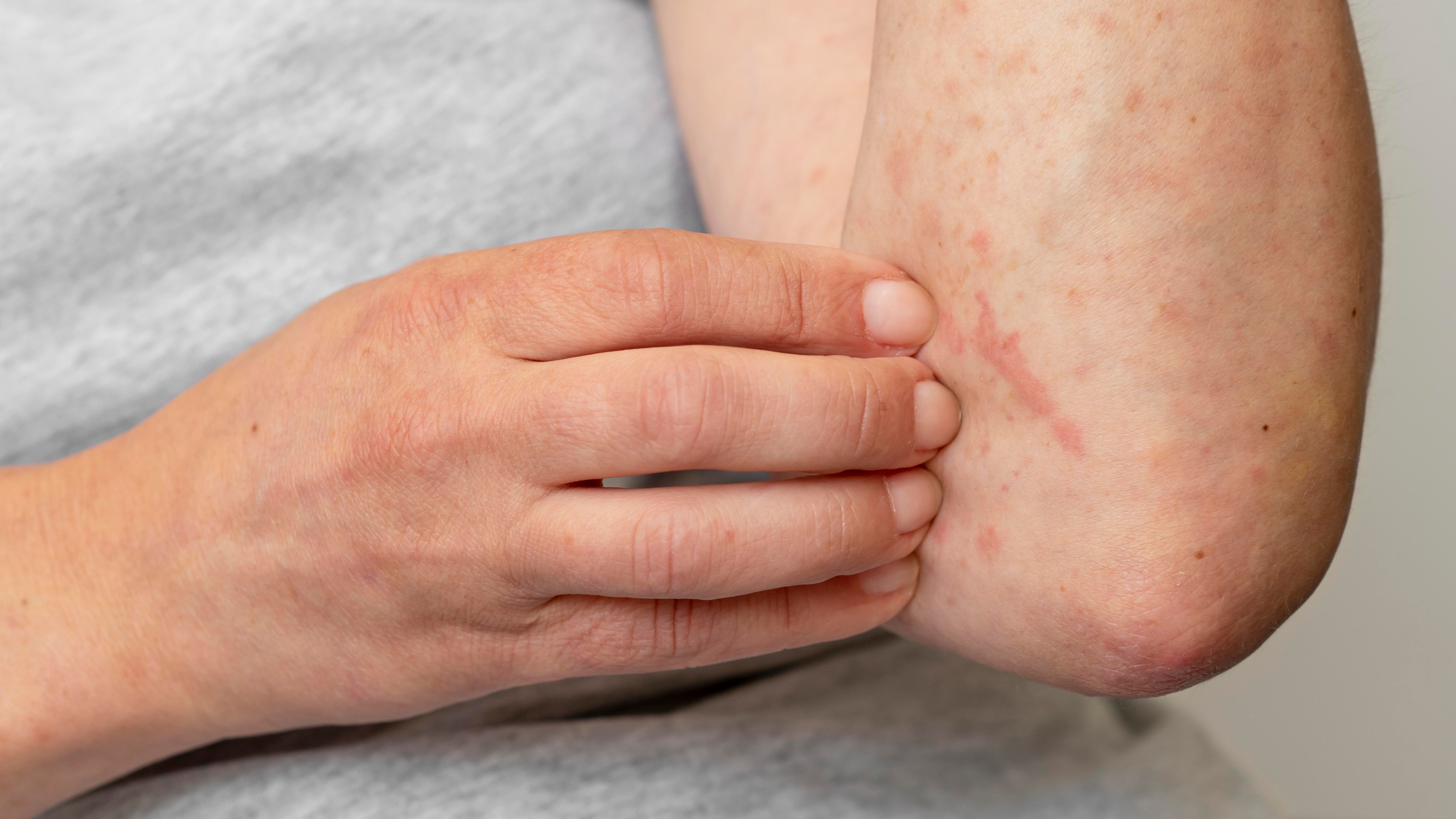
Antibiotics are a kind of medication that contains fusidic acid. It treats various skin infections caused by certain types of bacteria. Impetigo and secondary infections (illnesses that occur after the skin has been harmed) following burns or broken skin are examples of such infections.
Fucidin acid cream may be sold under numerous brand names or in various forms. This drug may not be accessible in all forms or authorised for all ailments under any particular brand name.
Even if they have the same symptoms as you, do not give this product to anybody else. It might be dangerous if a person does not have a prescription for this cream.
Moreover, Fucidin acid also functions by preventing bacteria from generating essential proteins. Bacteria cannot grow, reproduce, or multiply without these proteins. Fusidic acid does not immediately kill the bacteria; rather, it prevents them from multiplying. The remaining germs are either killed or eliminated by the immune system. This cures the infection.
Who Should and Should Not Use Fucidin Ointment or Cream?
Fusidic acid is safe for adults, including breastfeeding and pregnant women and children of all ages.
Individuals allergic to fusidic acid, sodium fusidate, or any other components should not use it. If you are aware of any allergies, carefully check the components of the medication before taking it.
When and How Should Fusidic Acid Be Used
Using Fusidic Acid
The main point between fusidic acid cream and ointment is how they feel; the ointment is greasier. If you have a lot of affected skin to address, your doctor would usually prescribe cream and ointment for a smaller infected area.
Fusidic Acid Cream Dosage
Fusidic acid ointment or cream is often used for three or four times. If you are uncertain, see your doctor or pharmacist.
Using Fucidin Cream
-
Take off the cap. Before using the cream or ointment for the first time, be sure the seal is not damaged. A little spike is on the top of the cap; press this spike through the tube's seal.
-
Apply a small coating of cream or ointment to the affected area and massage it carefully.
-
If you apply it to your face, don't get it in your eyes.
If you accidentally get medication in your eye, immediately flush it out with cold water and, if feasible, bathe it in an eyewash. Your eye might sting.
Contact your doctor as soon as you notice any issues such as blurred vision or if your eye becomes sore.
You may only need to use the cream sometimes if you have been instructed to cover the infected area with bandages or dressings. Take your doctor's recommendations.
How Long Should Fucidin Cream Be Used For?
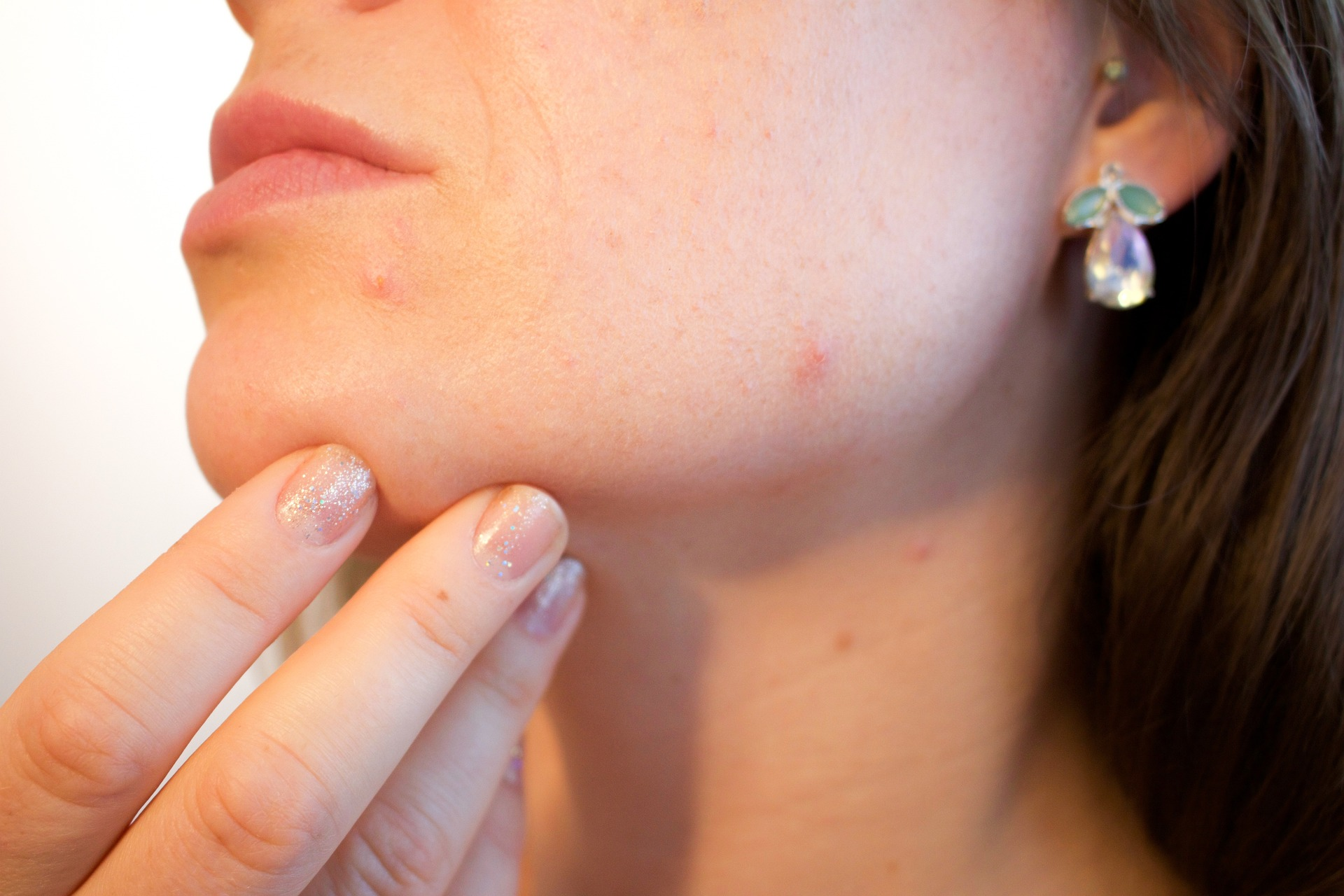
After a few days, your skin may start to improve. However, it is essential to apply the cream or ointment for the duration advised by your doctor.
Fucidin cream or ointment treatment typically lasts 1 to 2 weeks. However, it may occasionally last longer.
If you forget to use it
If you miss using fusidic acid cream or ointment, apply it immediately. Then, as usual, continue to utilise it.
If you use too much
It's doubtful that putting too much lotion or ointment on your skin or getting it in your mouth would hurt you.
If you are concerned, or if you or your child takes a large dose of medication, see your doctor.
Can You List the Potential Side Effects of the Cream?
Some have side effects. Side effects are unwanted consequences of using medications regularly. The side effects might be severe or moderate, permanent or temporary. These negative effects cannot be experienced by anybody using this cream. Inform your doctor of any adverse effects or concerns. Around 1% of people using such a cream reported a probable adverse effect. Many of the side effects are manageable. However, others may disappear in the short term. Before suffering any of these symptoms, see your doctor.
Side Effects
The following are some potential negative effects of fusidic acid cream or ointment. Just because a side effect is mentioned here does not guarantee that everyone who uses Fucidin cream or ointment will have that or any other negative effect. Medicines may have a variety of effects on humans.
Uncommon side effects (1 in 100 to 1 in 1000 people are affected)

-
Skin rashes
-
Burning sensation, stinging, pain or redness of skin on application
Rare side effects (1 in 1000 to 1 in 10,000 people are affected)
-
Skin blistering
-
Hives
-
Allergic responses include throat, face, skin, or tongue swelling or difficulty breathing; if you believe you have experienced an allergic reaction to Fucidin cream or ointment, discontinue use and see your doctor.
If you want to learn more about the potential adverse effects of Fucidin cream and ointment, read the medication leaflet or speak with your pharmacist, nurse, or doctor. If you believe you have suffered a side effect, you may report it via the yellow card website.
Severe bacterial skin infections, or infections that do not seem to resolve after treatment with a topical (skin-applied) antibiotic, should be treated with a systemic (injectable or oral) antibiotic in addition to or rather than a topical antibiotic.
Pregnancy

Unless the advantages exceed the risks, Fucidin cream should not be taken during pregnancy. Contact your doctor immediately if you get pregnant while taking this medicine.
Breastfeeding

While breastfeeding, you may use fusidic acid eye drops, cream, or ointment. Fusidic acid is very unlikely to enter your breast milk.
When applying the cream or ointment, ensure your infant does not come into touch with the regions of your body where you have applied it. Please wash your hands after applying it and before picking up your child.
Furthermore, if you must apply cream or ointment to your breast region, wash it off before feeding your baby. The cream is simpler to remove than the ointment.
If your baby isn't eating as well as normal, or if you have any other worries about them, see your healthcare professional, doctor, or pharmacist
Fertility
No evidence applying Fucidin cream affects fertility in men or women.
What Other Medications Interact in Fucidin Cream?
Inform your doctor about any prescription, non-prescription, and herbal medications you use. Tell them about any supplements you use as well. Because nicotine from cigarettes, alcohol, coffee, or illicit drugs may interfere with the action of many medicines, you should inform your doctor if you use them. Discuss with your doctor how any medication interactions are or should be treated.
Conclusion
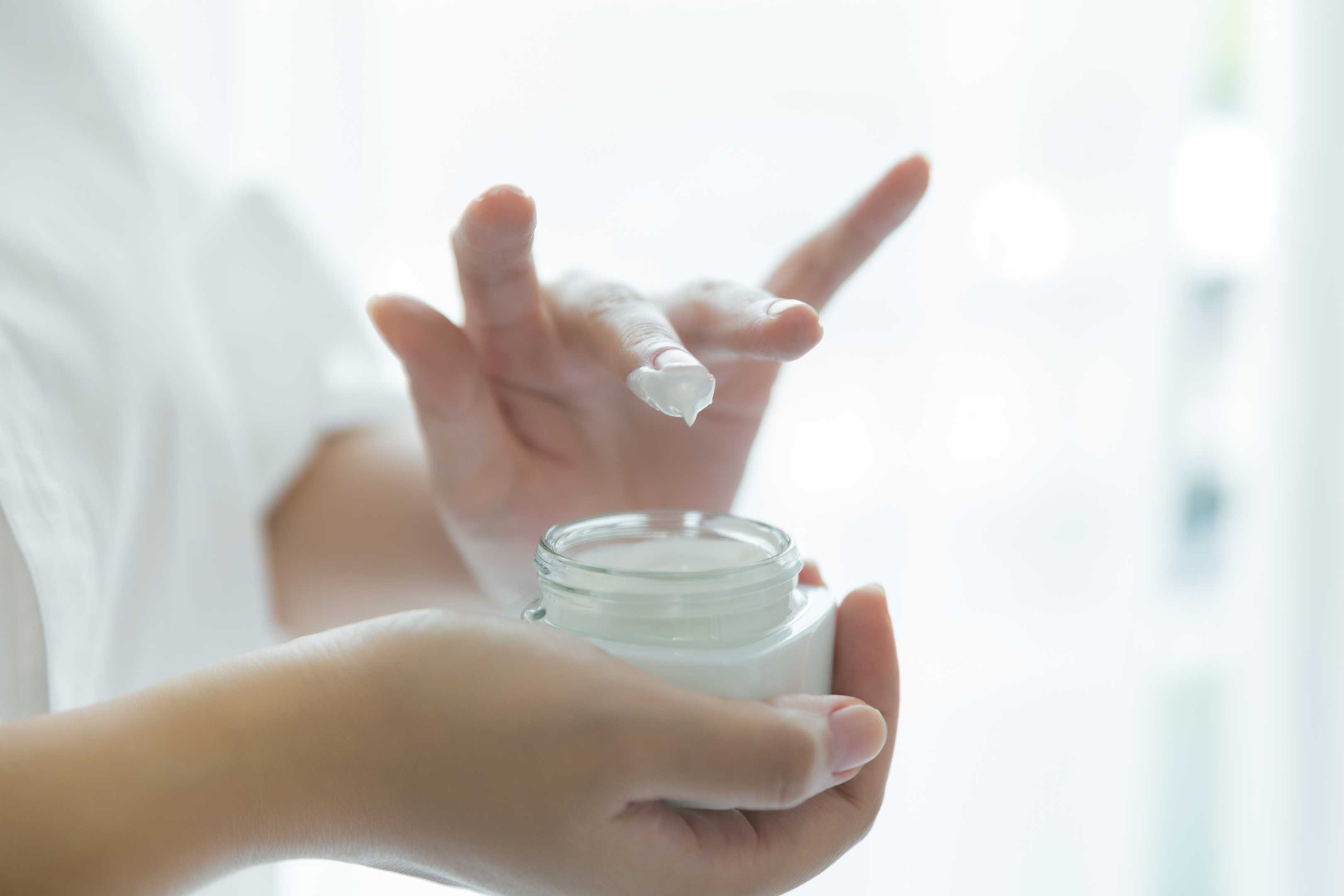
Buy Fucidin Cream from the Welzo online pharmacy here.







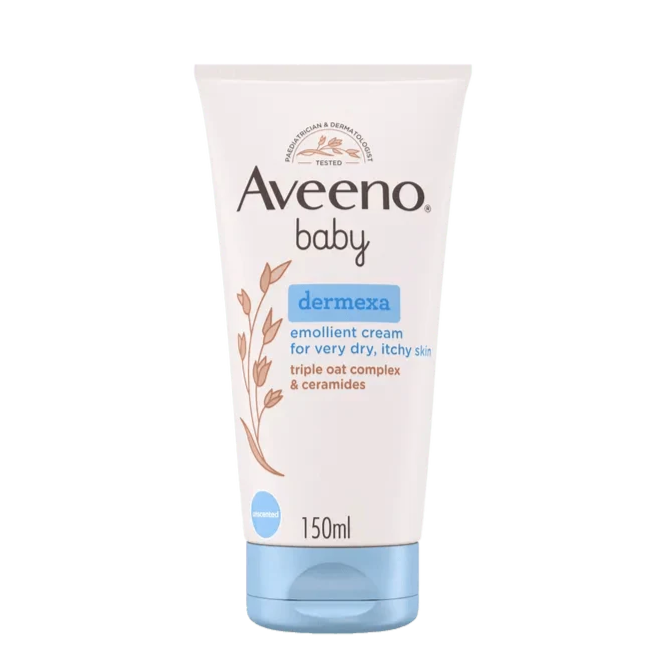
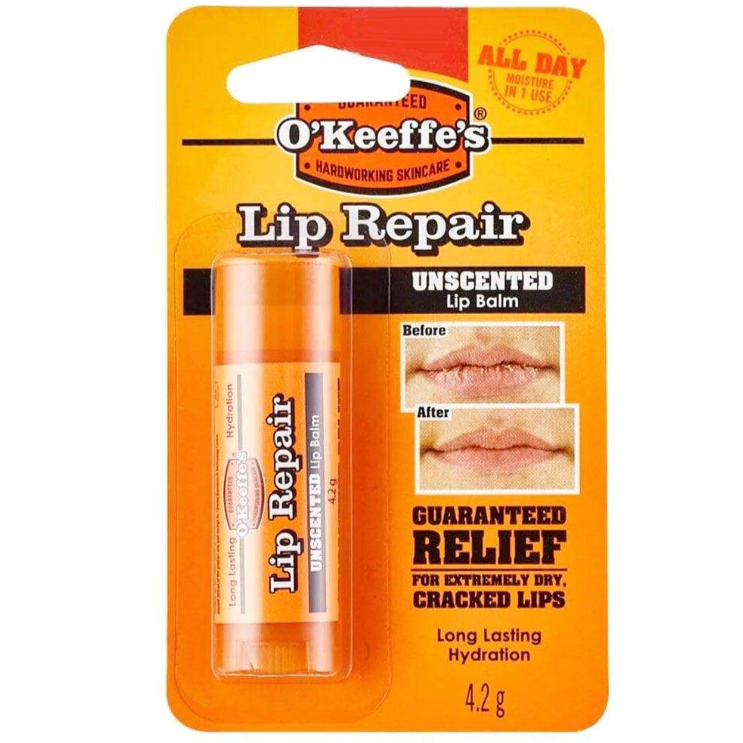





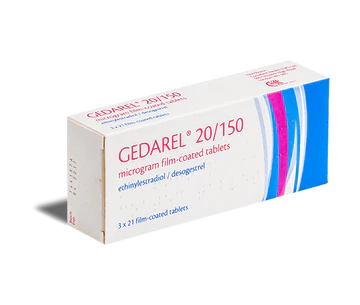

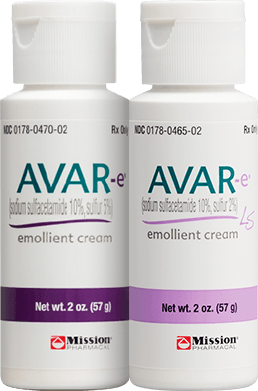

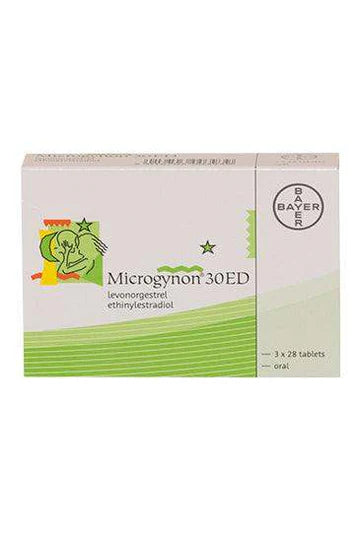
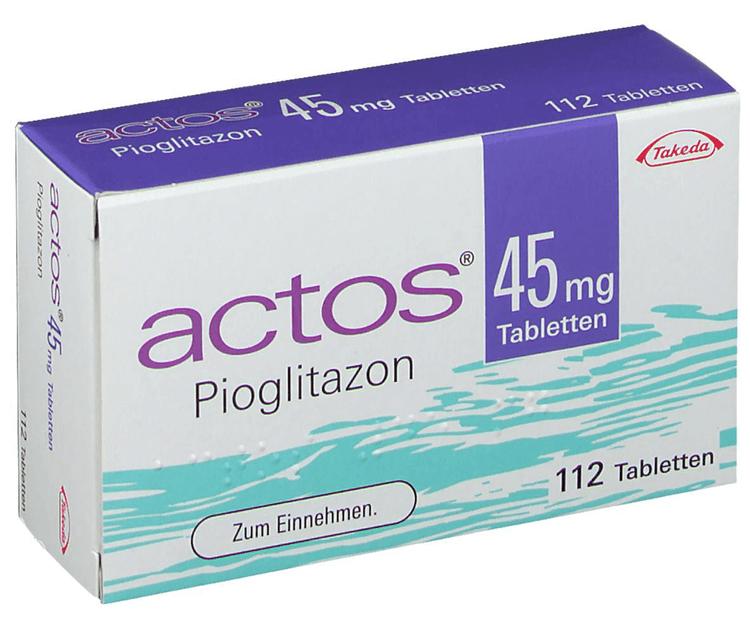
 Rated Excellent by 26,523+ Reviews
Rated Excellent by 26,523+ Reviews